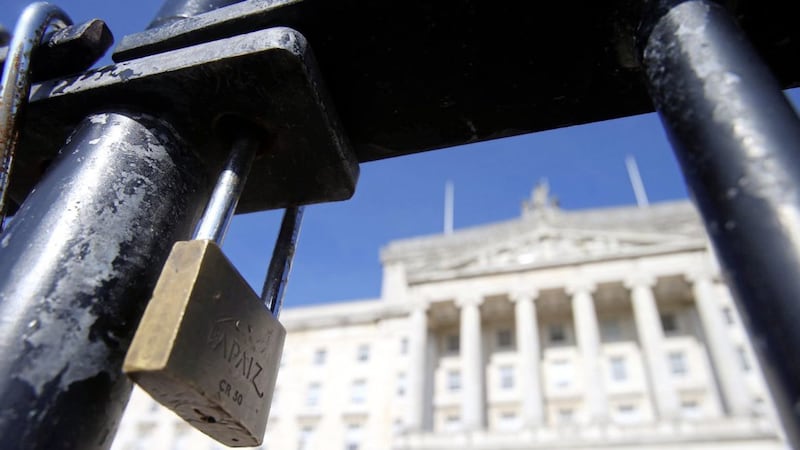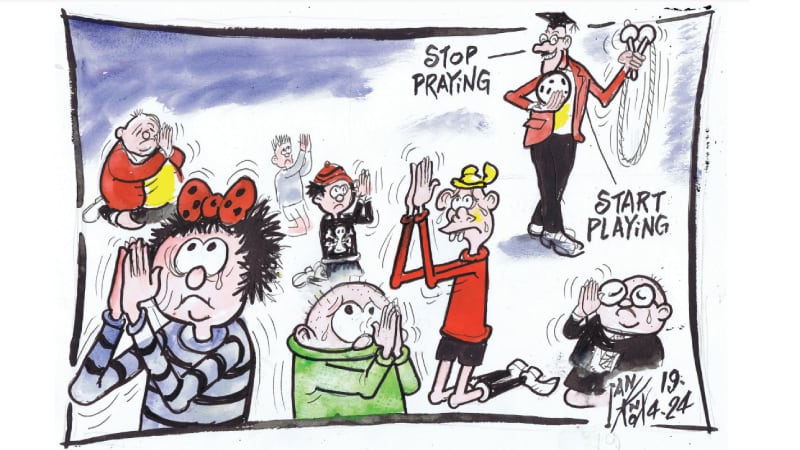THE Court of Appeal ruling on the Hightown incinerator changes nothing substantively and merely reaffirms May's High Court decision to quash Department of Infrastructure approval for the controversial waste-to-power plant.
The initial decision to give the project the green light was made by the department's permanent secretary Peter May, who the courts have concluded has no authority to make the call.
With landfill sites increasingly scarce and recycling rates plateauing, the group councils on Northern Ireland's eastern seaboard that make up Arc 21 will have to rethink their waste disposal strategy. However, in the absence of an executive, the Court of Appeal's decision has more immediate implications for regional governance.
Most senior civil servants appeared reluctant to act as proxy ministers by taking major policy decisions and May's High Court ruling made them doubly so. Yesterday's outcome means permanent secretaries will now likely hesitate before signing a requisition for a dozen new ballpoint pens.
This will effectively spell complete inertia in terms of implementing fresh policies and while public services are unlikely to collapse as a result, the advent of a crisis could spell disaster with nobody with the necessary authority in place to make quick, meaningful decisions.
There has been a chorus of calls urging Secretary of State Karen Bradley to take action. Some want the immediate imposition of direct rule, while others called for Mrs Bradley to take decisions on key infrastructure projects.
All are right to claim the current situation is unsustainable and damaging in terms of its impact on the economy and civil service morale. However, having let matters drift for more than 18 months, it seems unlikely that Mrs Bradley will be forced into knee-jerk reactions in the midst of summer when government ordinarily winds down. That said, if we manage to reach Christmas and there's no sign of devolution coming back, she will have no choice but to act.








